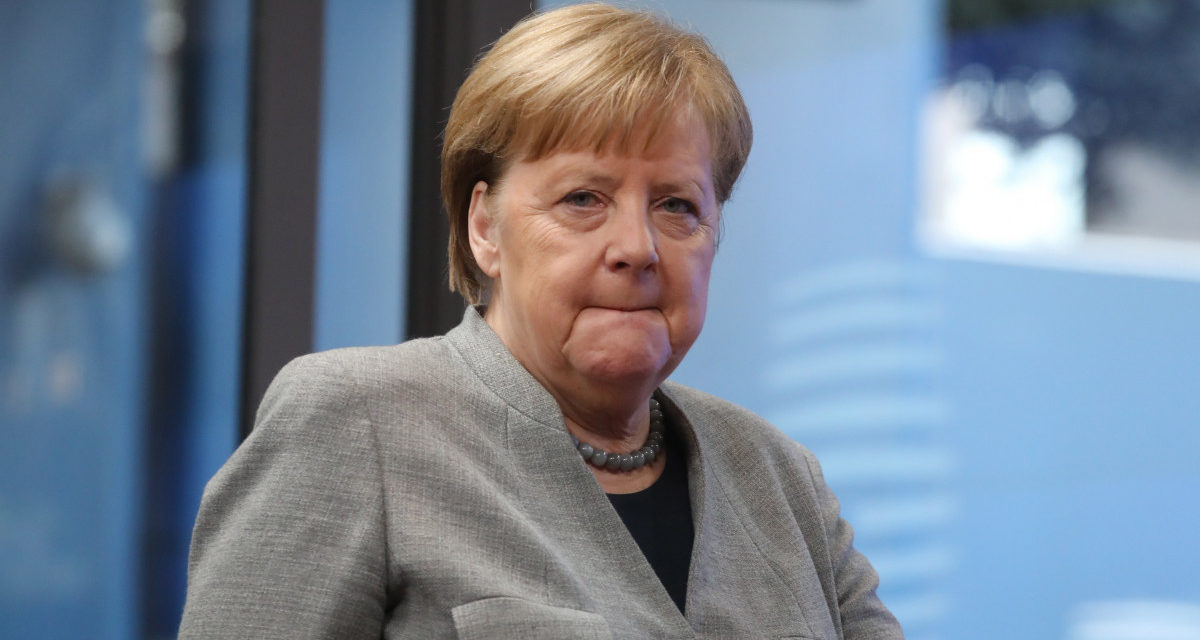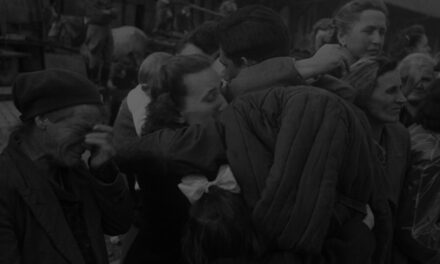Unvaccinated people will be banned from retail stores in Germany, Chancellor Angela Merkel announced on Thursday in Berlin.
According to the decision taken at the meeting of the leaders of the federal government and the provincial governments, it will be introduced in all provinces that those who have not been vaccinated against the disease caused by the new type of coronavirus (SARS-CoV-2) (Covid-19) can only enter shops providing primary care.
In order to slow down the spread of the virus, a series of additional restrictions are being introduced, because the capacity of the health care system has been put at risk due to the large number of people hospitalized due to Covid-19. In this situation, the strongest fourth wave of the epidemic so far must be broken as quickly as possible with a joint effort, using the tool of "national solidarity", emphasized Angela Merkel.
He explained that they are also promoting the issue of the general vaccination obligation. The German Ethics Council (Deutscher Ethikrat) is being asked to draft a resolution by the end of the year, on the basis of which the matter can be discussed and decided in the federal parliament (Bundestag). The obligation can be introduced from February.
The new rules include banning unvaccinated people from cultural and other leisure institutions. So they can't go to the cinema or the swimming pool, for example. The provinces can also choose to allow people with vaccinations and people who have been confirmed to be infected only with a recent negative virus test.
The isolation of the unvaccinated is also served by the rule that the members of one household can spend time together with a maximum of two members of another household if there is an unvaccinated person in the group. Among other things, a restriction that applies to everyone is that gatherings and the use of fireworks are prohibited on New Year's Eve and New Year's Eve. Mass events are also limited, a maximum of 50 percent of the room's capacity can be used indoors and a maximum of five thousand people can be admitted. A maximum of 15,000 people can participate in events held in the open air. Unvaccinated people are also banned from mass events.
The catalog compiled at the meeting of the executive government and the new government expected to take office on December 8 and the leaders of the 16 provinces contains the minimum mandatory rules. Each province can introduce stricter regulations.
Another main direction of efforts to break the fourth wave is the acceleration of the vaccination campaign. According to the plans, after the 124.4 million doses so far, an additional 30 million doses of vaccine will be administered by Christmas. By transforming the legal regulations, pharmacists and dentists will also be able to administer the vaccine against Covid-19 - explained Angela Merkel, future Chancellor Olaf Scholz and the leaders of the Prime Minister's Conference (MPK) - the coordinating body of the provincial heads of government responsible for the practical matters of epidemic prevention in its joint briefing.
The fourth wave, orders of magnitude stronger than the first three, has eased in recent days. The data suggest that the peak may have begun. This is indicated by the fact that the seven-day infection rate, which is considered one of the most important indicators - the number of new infections registered in one week per hundred thousand inhabitants - according to data from the Robert Koch National Institute of Public Health (RKI) on Thursday, has been decreasing for the third day, standing at 439.2. The peak was 452.4, registered on Monday. The strength of the fourth wave is indicated by the fact that the value of the indicator never exceeded 200 during the first three waves.
In addition to the seven-day infection frequency, the number of newly registered daily infections also decreased. In the last 24 hours, the virus was detected in 73,209 people, which is almost 4 percent less than the 75,961 a week earlier. Including new cases, 5,977,208 infections have been registered since the start of the epidemic last spring. In connection with Covid-19, 388 deaths were registered in one day, the number of victims of the epidemic rose to 102,178 in Germany.
The burden on hospitals due to the epidemic continues to increase rapidly. According to the latest Wednesday data from the professional organization for intensive care and accident care (DIVI), 4,690 people are being treated for Covid-19 in Germany's intensive care units. Although this is more than a thousand short of the peak of 5,762 measured at Christmas last year during the most difficult phase of the second wave of the epidemic, it is 690 more than the 4,070 a week earlier. According to the report, 22,219 intensive care beds are operated across the country, and only roughly 10 percent of them, 2,301 beds, are available.
MTI
Featured image: MTI/EPA/AFP/Ludovic Marin













